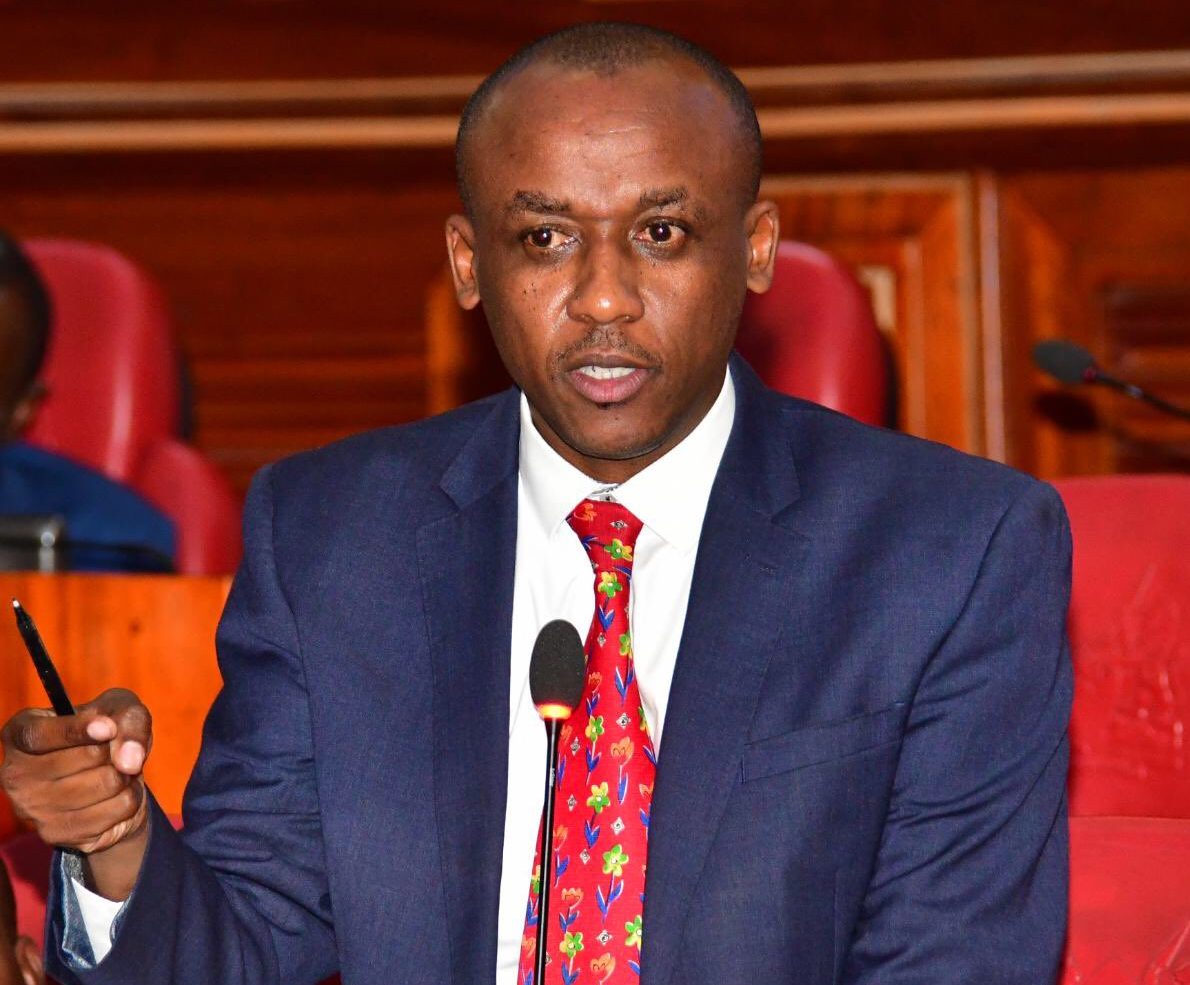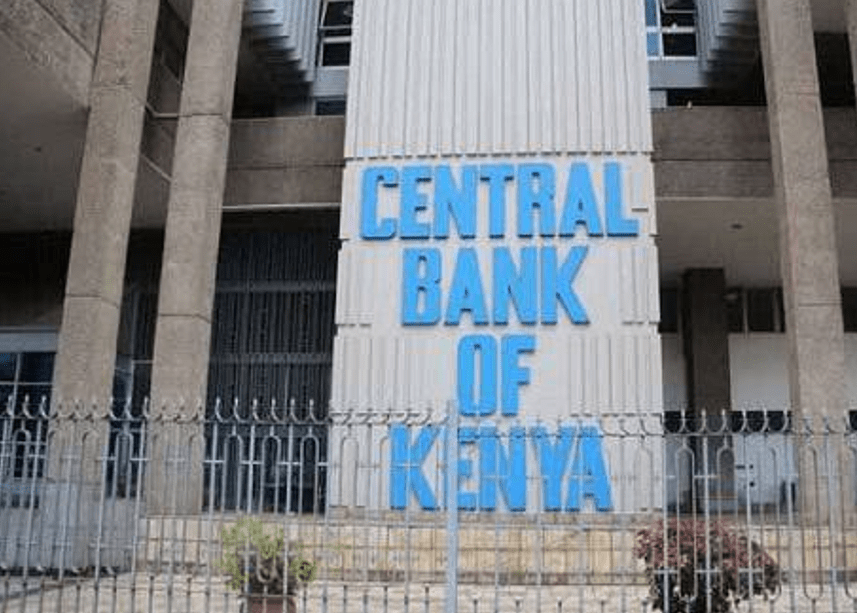Hospitals to suspend SHA over Ksh30B arrears

Patients seeking treatment in private hospitals from next Monday will have to pay cash following the indefinite suspension of the Social Health Authority (SHA).
Rural and Urban Private Hospitals Association (RUPHA) said the move has been necessitated by arrears and an unworkable outpatient reimbursement model by SHA.
The facilities under this association account for 70 per cent of the country’s health facilities.
The defunct National Health Insurance Fund (NHIF) owes hospitals Sh30 billion, and RUPHA wants this amount cleared immediately, in order to restore services.
“We regret that from Monday, February 24, 2025, patients seeking care under SHA will need to make cash payments at private and faith-based hospitals,” the association’s chairman, Dr Brian Lishenga told journalists in Nairobi yesterday, where he also led calls demanding for the immediate settling the Sh30 billion NHIF arrears, either through full payment or a clear, transparent settlement plan.
The association also demanded the revision of SHA outpatient reimbursement model to reflect actual operational costs and ensure sustainable service provision, including making sure that fair and timely payments under the Medical Administrators Kenya Limited (MAKL) scheme, preventing further exploitation of hospitals.
“We urge Parliament, civil society, and professional bodies to support urgent reforms that will protect the healthcare system from complete collapse,” the Association further appealed in a statement presented by Dr. Lishenga.
Findings from the 7th SHA Transition Status Report for February 2025 reflect a grim picture in the healthcare sector.
It highlights deepening dysfunction in the SHA system, with 89 percent of hospitals reporting that the claims portal is non-functional, making it impossible to process reimbursements.
Payment delays
“Hospitals cannot track claims, leading to massive payment delays,” he said.
From the survey, 54 per cent of hospitals have not received any payments from SHA since December 2024, whereas those that have been reimbursed reported no transparency on the payments, making financial planning impossible.
About 83 per cent of the hospitals according to the latest report identified serious difficulties verifying patient eligibility due to SHA system’s sudden failures, leading to denial of care for patients in urgent need.
In the report, SHA outpatient services received a dismal 1.87/5 rating, with doctors warning that the reimbursement model is financially unsustainable and risks compromising patient care.
“About 74 percent of hospitals reported being unable to reach SHA for claim related queries, with calls and emails going unanswered,” the latest findings show, with Dr. Lishenga pointing out that it’s hilarious that despite these overwhelming challenges; SHA expects hospitals to continue offering services without resolving the systemic failures crippling the sector.
As part of the reason RUPHA is shutting doors on patients using the SHA cover, its outpatient reimbursement model, which proposes to pay hospitals less than Sh75 per patient per month, according to the Association, is completely unrealistic.
Under this model, Lishenga said there is no hospital that can pay doctors and nurses, procure life-saving drugs, maintain equipment and operations.
“This model is a direct threat to patient safety, forcing hospitals into cost-cutting measures that will compromise the quality of healthcare. We refuse to put Kenyan lives at risk,” he stated.
MAKL for instance, the Association revealed was forcing hospitals to embrace cost-cutting measures that are likely to compromise the quality of health care.
“We refuse as hospital owners to put the lives of Kenyans at risk,” said RUPHA Vice Chairman, Rev. Dr. Joseph Kariuki.
Another issue that has continued to annoy the proprietors of the health facilities is the police and teachers medical scheme, prompting them to announce an intention to join faith-based hospitals effective Monday in no longer providing care under the MAKL scheme, which covers for police officers and teachers.
Kariuki said that MAKL has failed to pay hospitals for the last one year, and no single health facility has been paid by this agency, whose ownership still remains in mystery according to the Association.
“MAKL has been forcing hospitals to accept arbitrary and unexplained discounts on true claims,” Dr. Kariuki said, noting that MAKL happens to own its own clinics that it favours in an uncompetitive and unethical manner.
Numerous challenges
“Therefore, without government intervention, teachers and police officers will be left without quality health care services and in the event that they go to public hospitals, they will find that those public hospitals are already at a breaking point.
Since its rollout in October 2024, SHA has faced numerous challenges, with Kenyans expressing frustration over inefficiencies and system failures.
Other issues include prolonged system downtime, delays in One-Time Password verification, and inability to track claim approvals.
RUPHA said it wants a complete closure of the issue of NHIF arrears, saying it has plagued hospitals’ operations to the point they are unable to bear the costs anymore.
“It would be tragic that from Monday, you would expect dialysis patients to start going back to their pockets. This is not the situation we wanted. We want to protect the sector,” Lishenga added.
They noted that the Cabinet Secretary for the Treasury will be responsible for those patients who will miss care starting Monday because they have shown no goodwill at all to release the 30 billion shillings that was owed to NHIF.














